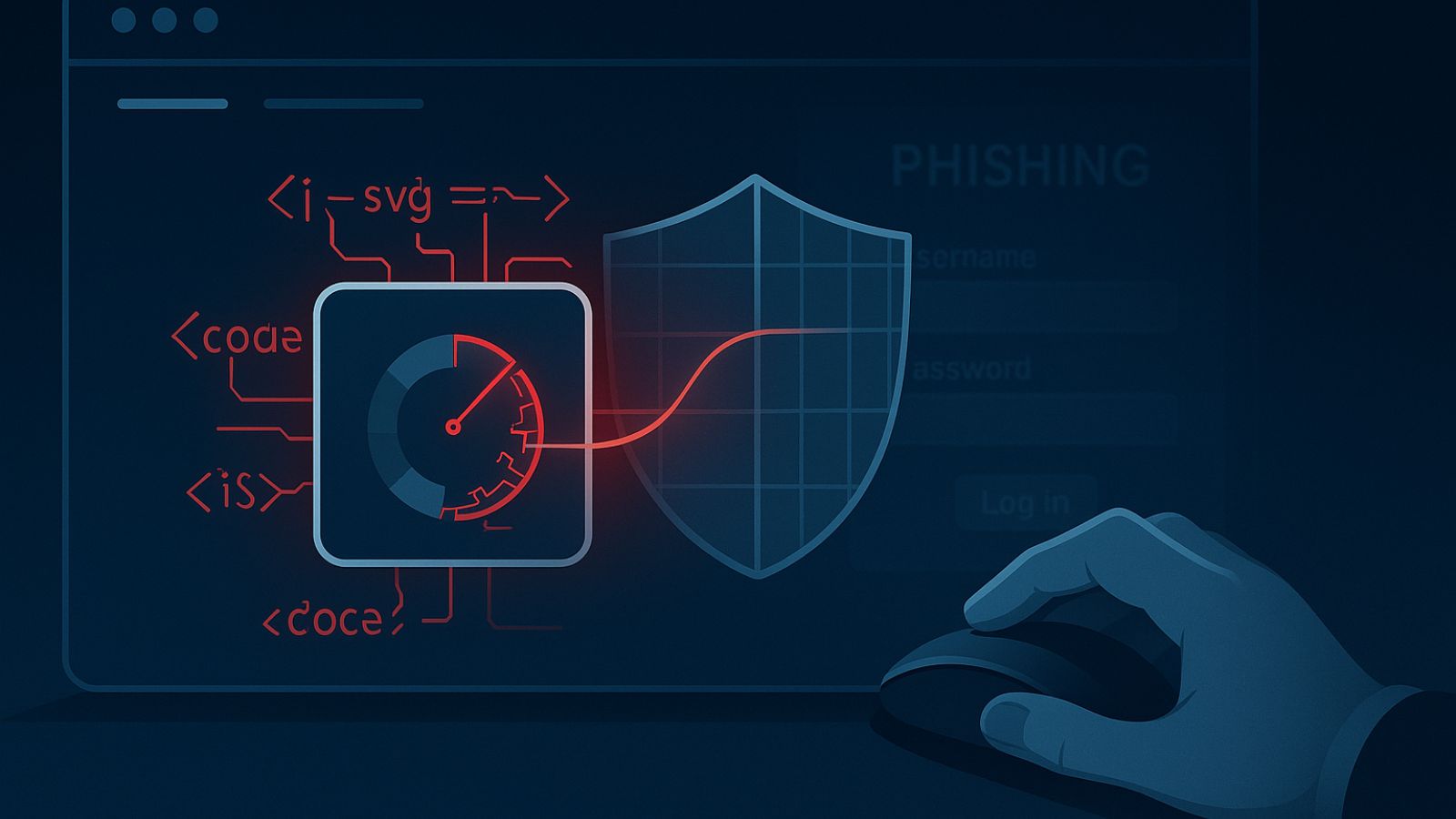
Facebook Presents a New Plan on How to Boost its Fact-Checking System
- Facebook will leverage the power of its community to identify and remove fake content quickly.
- A diverse group of users will receive reviewing requests for posts that are suspected of spreading misinformation.
- Facebook’s stance on the political ads situation has caused a backlash, depriving it of fact-checking contractors.
Via a post on its official news section, Facebook informs us of the company's progress that they are making in their effort to locate and remove content that misinforms. The company announced its intention to start a new pilot program that will engage fact-checkers in a new and more effective way. More specifically, the fact-checkers will collaborate with the platform’s community, asking smaller groups of users to check a claim and confirm if it’s true or not. This way, fact-checkers will be able to handle larger volumes of reports and remove false content a lot quicker.
From fake news to popular hoaxes, community reviewers will be called to check the facts and provide their view on what stands and what cannot be verified. These users will be part-time employees by Facebook, so they will receive a payment for their help. However, their role will be strictly limited to consultation and feedback, so they will not be making any final decisions on their own. This part will still be the responsibility of the full-time fact-checkers who are employees of Facebook.
The process will begin with the platform’s machine learning model identifying posts that have a high risk of being false. The system will evaluate the responses under the posts, the share patterns and whether the poster has spread misinformation before, to generate a risk index. If that score is above a defined threshold, a notification to check the post will be sent to a diverse group of users from the community. They will then provide their feedback, and then Facebook's fact-checkers will take the final step to remove the post if needed.
To create diverse groups, Facebook will rely on the expertise of "YouGov", a global public opinion and data company. The company has already conducted some preliminary work on the platform and has formulated diverse groups of community reviewers during previous tests. The new program will be piloted in the United States, and if it works well, it will be expanded to cover other countries too. Recently, Facebook lost its only fact-checking partner, NU.nl, who disagreed with the bizarre stance of the social media platform to knowingly allow politicians to lie via Facebook Ads. Obviously, the platform needs to find a solid way to fill in this gap, for now, and in the future.
Would you be willing to help Facebook fight misinformation? Let us know of your comments in the section down below, or on our socials, on Facebook and Twitter.






